
In the minds of most people, Yannis Markopoulos was, along with Hatzidakis and Theodorakis, the third of the great composers of Greece. From an early age he was involved in music, influenced by the sounds of Cretan music, the Mediterranean and the East.
In 1963 he was awarded for his score in Nikos Koundouros’ “Little Aphrodite”. His creative career was not interrupted by the imposition of the dictatorship as he continued his involvement with music and his pursuits in London. The years he remained in England proved to be particularly creative with significant collaborations and recognition. However, in 1969 he chose to return to Greece to contribute his work to the fall of the dictatorship.
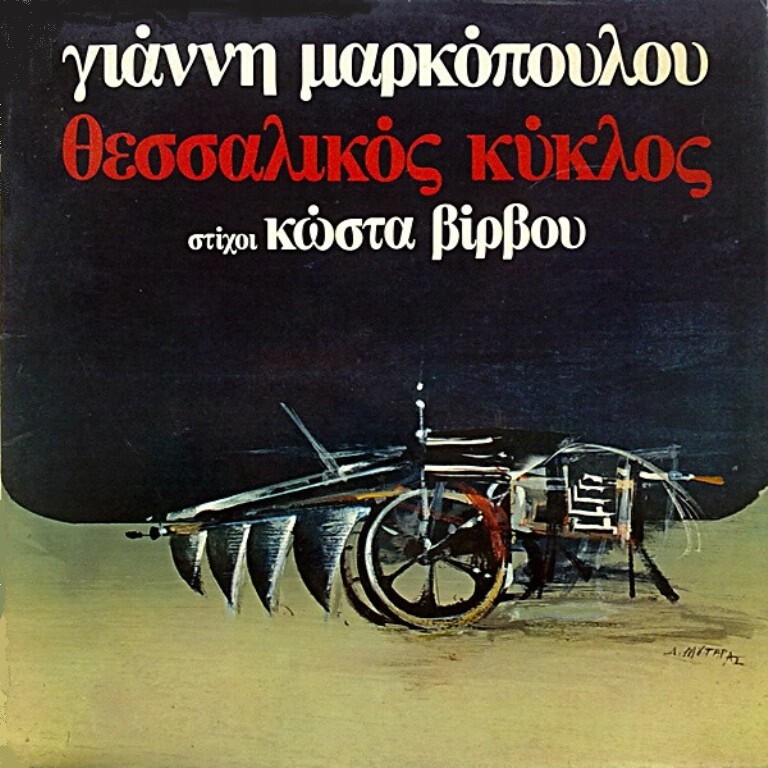
During these highly productive years of his mature creativity, he was fortunate to have been entrusted with wonderful lyrics by some of the greatest Greek poets and lyricists and he himself dressed them with his music, bringing them to the lips of every Greek. His compositions are characterized by a new approach and the use of symphonic and traditional instruments.
In 1969 he released the album “Helios the First” in which he set the poems of Odysseus Elytis to music. Four years later, the album “Stratis Thalassinos Among the Agapanthus” and Other Songs” was released, with works by George Seferis set to music. In the 1960s he began working on the work Free Besieged by Dionysios Solomos, which he returned to for some time under the conditions created by the dictatorship. Markopoulos relied for the composition on all the outlines of the poem and the prose, verse and narrative sections. The work was presented in its complete form for the first time at the Aristotle University in 1975 at the invitation of Professor Linos Politis. In 1976, the album “Plateau” was released, on which he has set the homonymous poetry collection of Michalis Katsaros, first published in 1956, to music. His album ‘Erotokritos and Virtue’ (1996) is based on a selection of verses from the erotic epic by Vincenzo Kornaros, Erotokritos of the Cretan Renaissance, recorded by the symphonic ensembles of the Brussels Radio Symphony Orchestra.
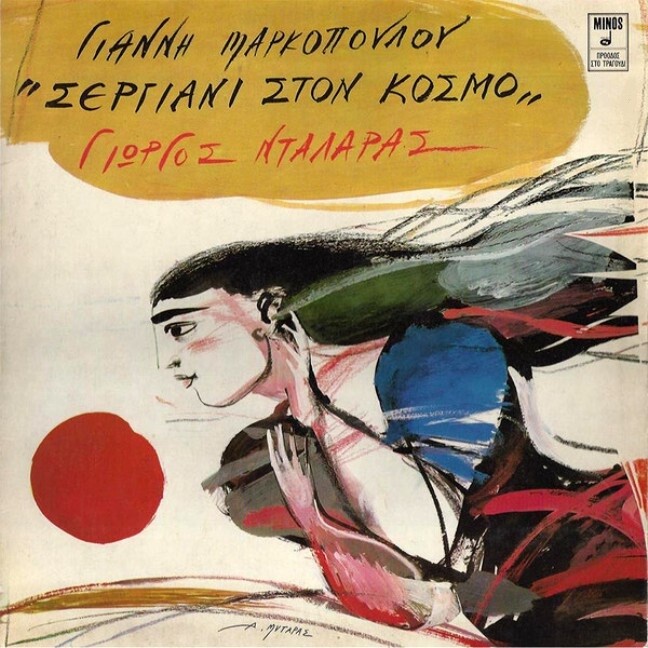
His collaborations also include lyricists such as Manos Eleftheriou, Panos Theodorides, Giorgos Skourtis, Kostas Virvos, K.H. Myris, Manos Eleftheriou and he also wrote lyrics himself. In Markopoulos’ works, high quality in music, lyrics and performance coexist. In his albums he collaborated with singers who have written their own history in Greek music: Nikos Xylouris, Lakis Chalkias, Pavlos Sidiropoulos, Charalambos Garganourakis, Lizeta Nikolaou, Vicky Moscholiou, Giorgos Dalaras…
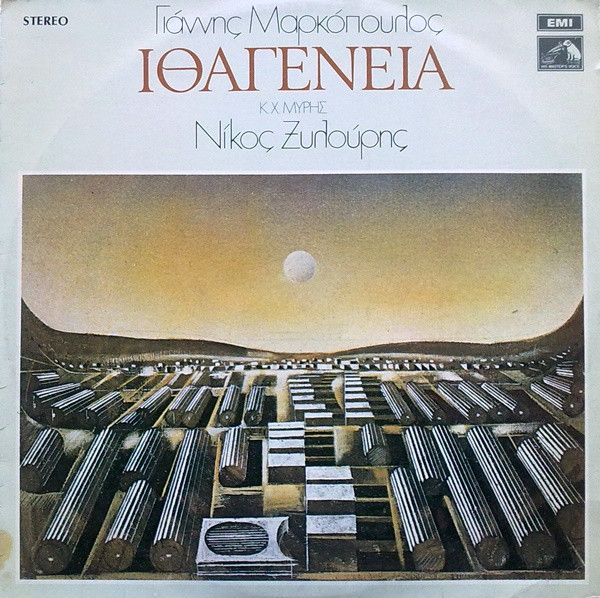
During the dictatorship, censorship prevented free creation, however, Markopoulos released in 1969 the seemingly satirical song Zavarakranemia, while in 1973, shortly before the events of the Polytechnic, he recorded the album Thetia, which included “The words and the years”, a song with almost “prophetic” lyrics. Emblematic of course was also the Cretan rhizitic song “When will it make xasteria”, released in 1971 (Rizitika), which characterized the struggle of the students. Markopoulos is among those Greek composers who transcended the borders of our country, gaining recognition abroad.


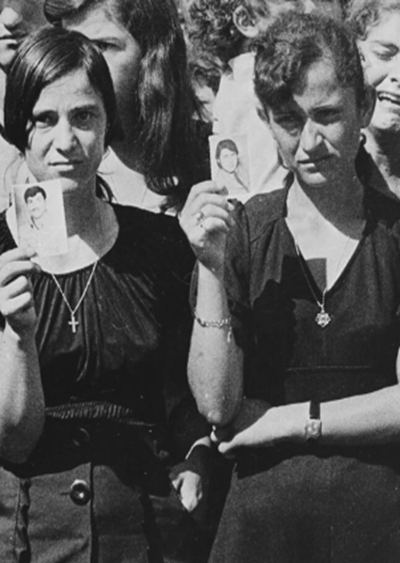

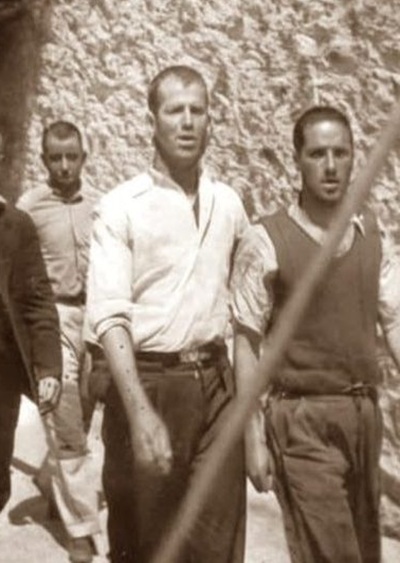


Leave A Comment